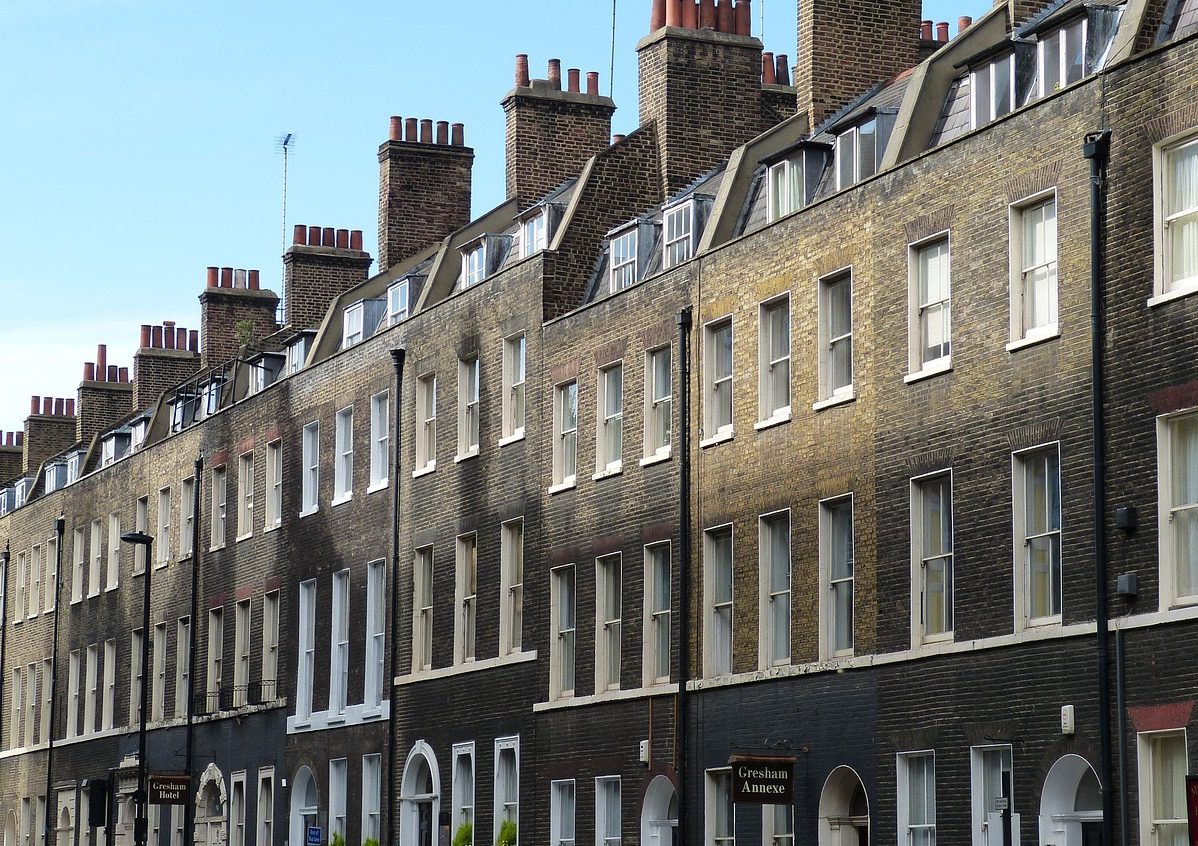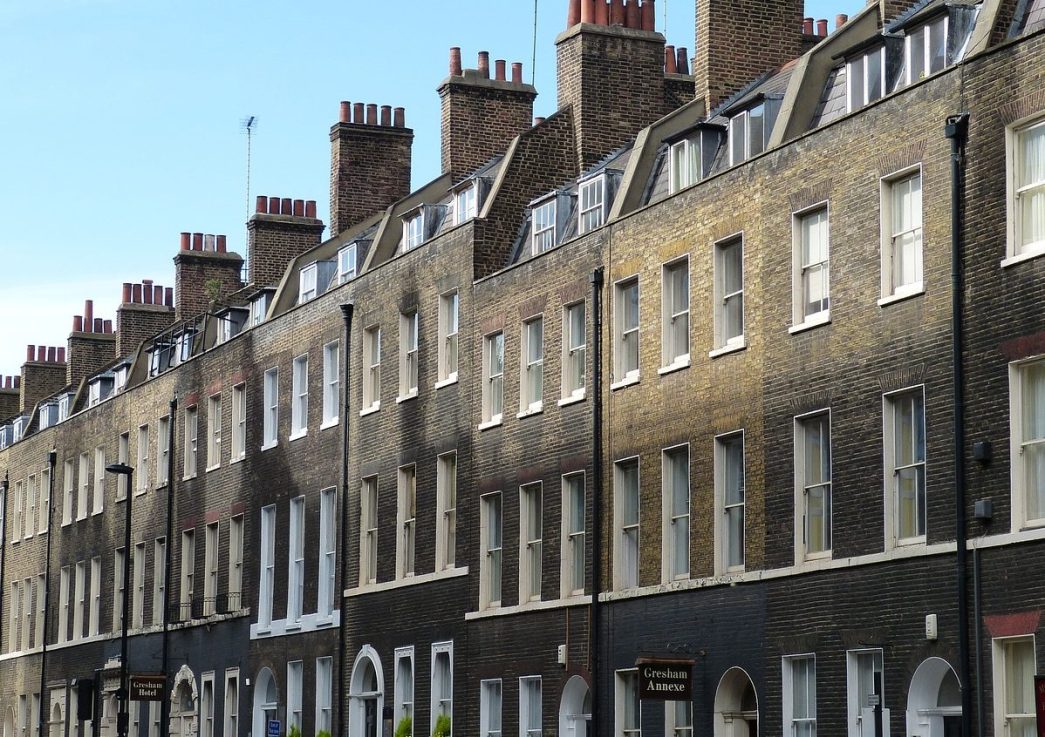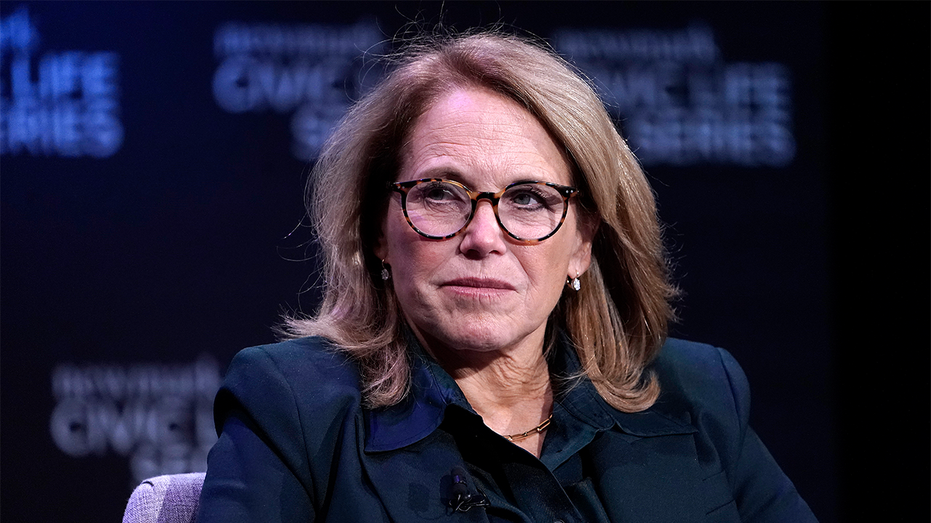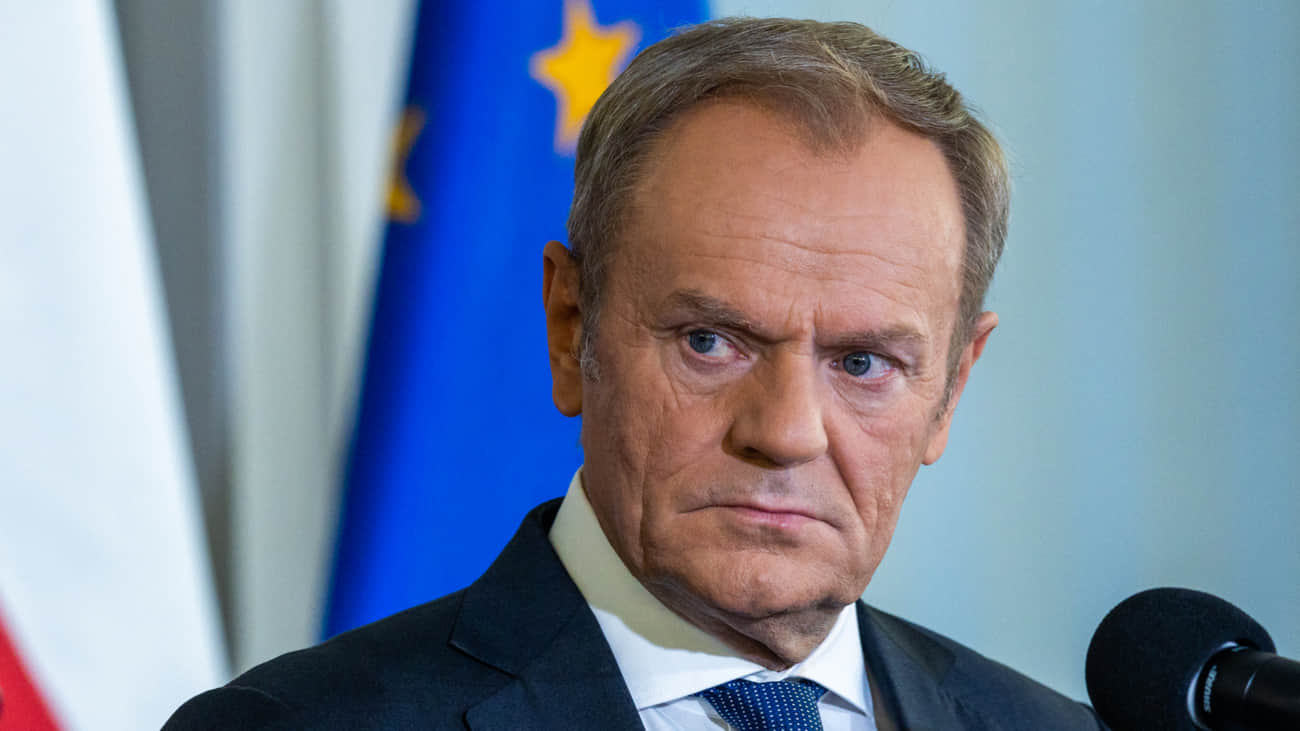Londoners, here’s how much your council tax will be rising in April
Councils are officially able to increase their tax rates by 4.99 per cent, but those with government permission are able to increase their residents’ bills by over 5 per cent.


London households in council tax band D are set to face a five per cent council tax hike in April, with residents in some boroughs having to fork up an extra £80 per year.
Councils are able to increase their tax rates by 4.99 per cent without having to undertake a referendum. Those with government permission are able to increase their residents’ bills by over five per cent without asking residents.
Band D households in Kingston Upon Thames, Harrow and Richmond Upon Thames will see the biggest increase – by over £80 – analysis by home insurance firm Quotezone.co.uk showed.
Only three boroughs – Westminster, Hammersmith & Fulham and Kensington & Chelsea – will see increases of below £50.
These councils have still opted to hike rates by the maximum of 4.99 per cent, however.
“In April council tax payments will be going up, so it’s important to know what to expect.” Greg Wilson, founder and CEO of Quotezone.co.uk said. “if there have been any changes to your property, you’re able to propose a new band.”
“Any single-adult households are also eligible for a 25% discount on council tax and you’re exempt from council tax payments for several reasons, including if you’re a full-time student or a live-in carer,” he added.
Households across the city should check to see how much their annual bills could be increasing and “prepare to re-budget”, Wilson said.
The Greater London Authority Band D precept has almost doubled in the last seven years, from £276 per year to £455.80 per year for 2024/2025.
The upcoming rate hike was proposed last December due to a lack of government funding for police, fire and transport services, according to the Mayor’s office.
Sadiq Khan cited a £240mn funding gap for the police after government funding cuts and higher costs due to “marches, protests and national events”, plus a £250mn-post-pandemic Transport for London funding gap.
“The last thing I want to do is increase council tax, but against the backdrop of the government’s refusal to provide enough support for London’s essential public services, I have no viable alternative but to use all the levers at my disposal to provide urgent funding from City Hall, particularly for the police,” Khan said in December.
“We are going through a challenging time in London due to the state of the national economy, the impact of austerity and the cost-of-living crisis”, he said, adding that the rate increases would create a “fairer, greener and safer London for everyone”.
By the 2024-25 financial year councils will have seen a 27% fall in spending power for local services since 2010, according to the Local Government Association. Collectively, London councils are over half a billion pounds in debt.
A cut in central government grants, higher inflation, higher energy costs and increases to the National Living Wage all contributed to this figure, the LGA said.


